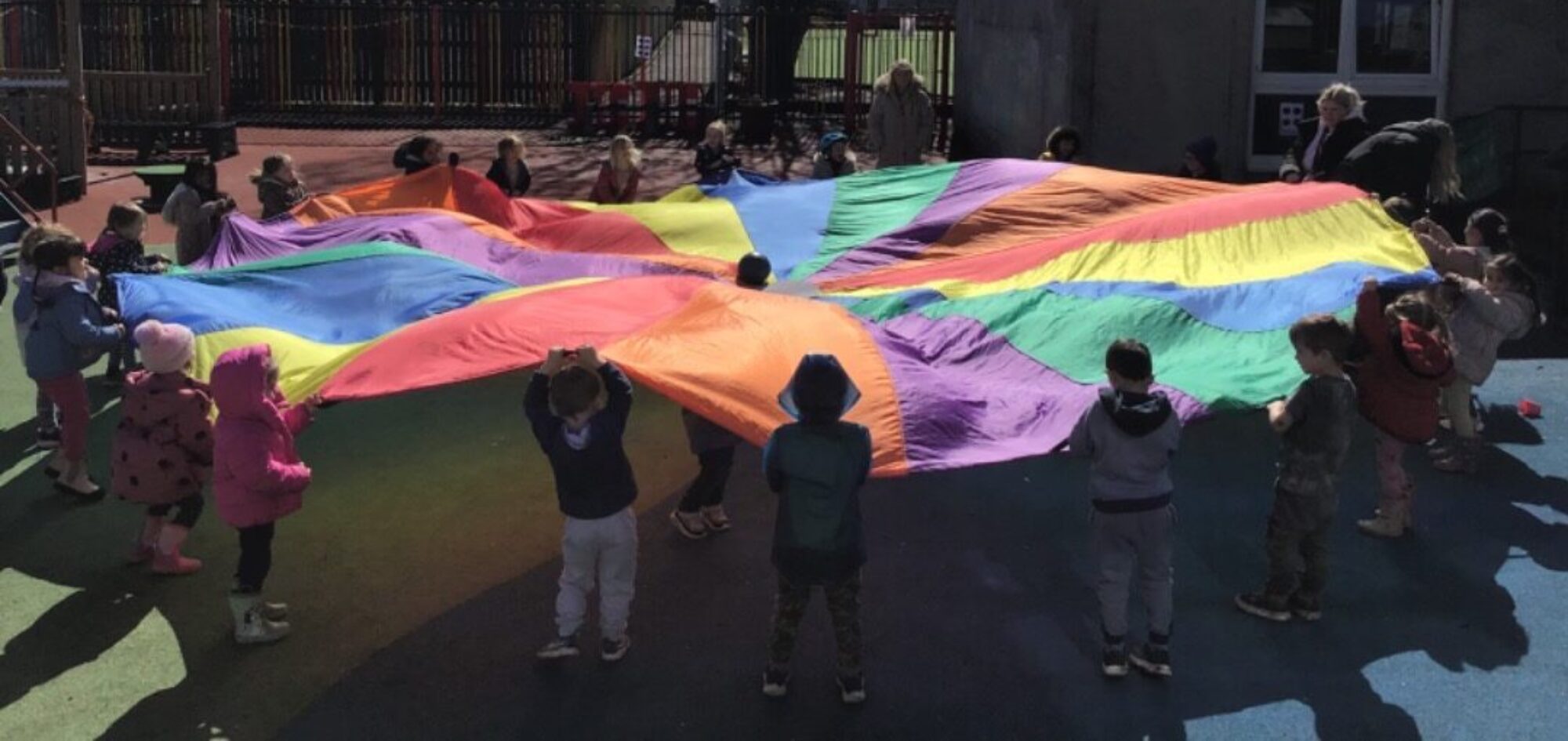WHAT IS CHALLENGING BEHAVIOUR?
Just like us, children behave differently at different times. Feeling upset, sad, cross, frustrated and lots of other kinds of emotions is a normal and healthy part of their life. Many children go through phases of testing boundaries, and they are likely to behave in ways that are harder to manage when they are tired, ill or stressed. It is normal for younger children to have tantrums sometimes, while older children may sometimes shout, storm out or lash out.
When we talk about ‘challenging behaviour’, we mean behaviours that are persistent and difficult for both you and your child to manage – and that may have a significant impact on your child’s wellbeing, daily routine, school life, and relationships with family and friends.
You may recognise some of the challenging behaviours listed below:
• Having lots of angry outbursts or ‘tantrums’
• Regularly shouting, swearing and being very argumentative
• Frequently shoving, hitting, biting and kicking other family members or children at school
• Kicking, hitting, smashing or damaging things in the home
• Regularly refusing boundaries and routines, including not wanting to respond to reasonable requests
• Behaving impulsively and taking physical risks – for example climbing in ways that are unsafe and breaking things
• Blaming others for their behaviour
• Being unkind or bullying towards other family members or children at school
• Persistently getting into trouble at school
• Refusing to engage in conversations about what’s going on or to access support
This behaviour can affect your child’s wellbeing by:
• Getting in the way of daily routines that are important for their wellbeing – such as sleeping, eating, being active and spending quality time with you
• Putting them or other people at risk of harm
• Preventing them from having positive experiences within the family or at school
• Negatively affecting their relationship with you
• Disrupting their learning and their ability to make friends at school
• Leaving them isolated and/or withdrawn
For both you and your child, this kind of behaviour can feel overwhelming – especially if it’s happening on a daily or weekly basis. Remember that even when things feel really stuck, there are things you can do to help your child find new ways of managing their feelings.
The FULL challenging-behaviour-in-children-created-may-2020 published by YOUNG MINDS, contains information and strategies on how to support your child to manage their emotions.
Information taken from – www.youngminds.org.uk





